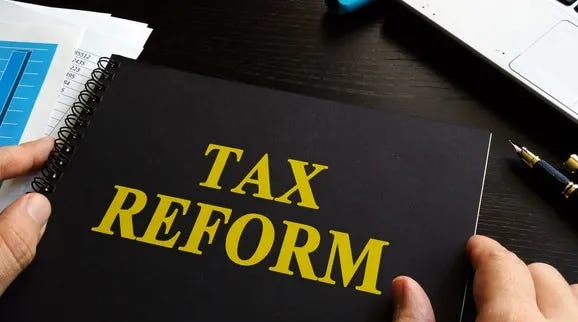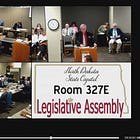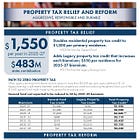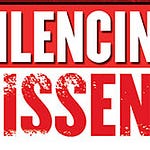This week, the Senate Finance and Taxation Committee tooks over three total hours of testimony on the two major property tax plans that are not Governor Armstrong’s plan.
HB 1168: The Amended Louser Plan
Representative Scott Louser presented House Bill 1168, which originally proposed a 60 mill buyout for property tax relief, but was later amended to 10 mills for all property types. He suggested, as have I, that the bill be reverted back to to its original levels.
Louser emphasized the need for a 60 mill buyout to achieve significant relief, but said he was willing to accept a compromise of a 30 mill buy-down that would still provide 16-25% relief on property taxes and get the state one step closer to fully funding K-12 education.
The bill also aims to provide substantial property tax relief, with a 3% cap on political subdivisions' budgets derived from property tax.
Key Points
Several key points emerged during the hearing:
The need for substantial property tax relief is widely acknowledged, but there are differing views on the best way to achieve it.
There is a balance to be struck between providing relief to taxpayers and ensuring that local governments have the resources they need to provide essential services.
The issue of caps on property tax increases is contentious, with concerns raised about the potential impact on growing communities and the ability of local governments to respond to changing needs.
The state's role in funding education is a significant factor in the property tax debate, with discussions about the appropriate level of funding and the potential for the Common Schools Trust Fund to play a larger role.
HB 1575: The Amended Weisz Bill
Speaker of the House Robin Weisz introduced House Bill 1575, a property tax relief bill. The bill proposes a 30% reduction for residential properties and a 12.5% reduction for agricultural, commercial, and centrally assessed properties by modifying the valuation ratio formula rather than offsetting mills.
The bill also includes a homestead tax credit increase from $400 to $600 and a cap similar to House Bill 1534. Concerns were raised about the impact on voter-approved mill levies and the fairness of the relief across different property classes.
The discussion focused on the implications of a 3% revenue cap on cities, with a specific mention of Cass County's CPI plus 2% cap as a more workable alternative.
The bill is seen as simple to implement, as it does not require an application process.
One major concern is the potential impact on political subdivisions, particularly rural ones, which heavily rely on property taxes for their budgets. There are questions about how the bill interacts with voter-approved mill levies and bond issues, and whether the relief will be distributed fairly, especially in communities with varying levels of investment and debt.
Holding Pattern Continues
Next week Monday, the same committee will hear testimony on HB 1176 which is the Amended Nathe Plan, which started as Governor Amstrong’s plan.
As was stated in the hearing for HB 1186 and 1575, it is expected there will be a melding of these ideas into one bill which will end up being HB 1176.
Ultimately, it may not even matter what the Senate committee does, as traditionally the ultimate property tax plan has been finalized by the Conference Committee in conjunction with the Appropriations Committee.
















Share this post